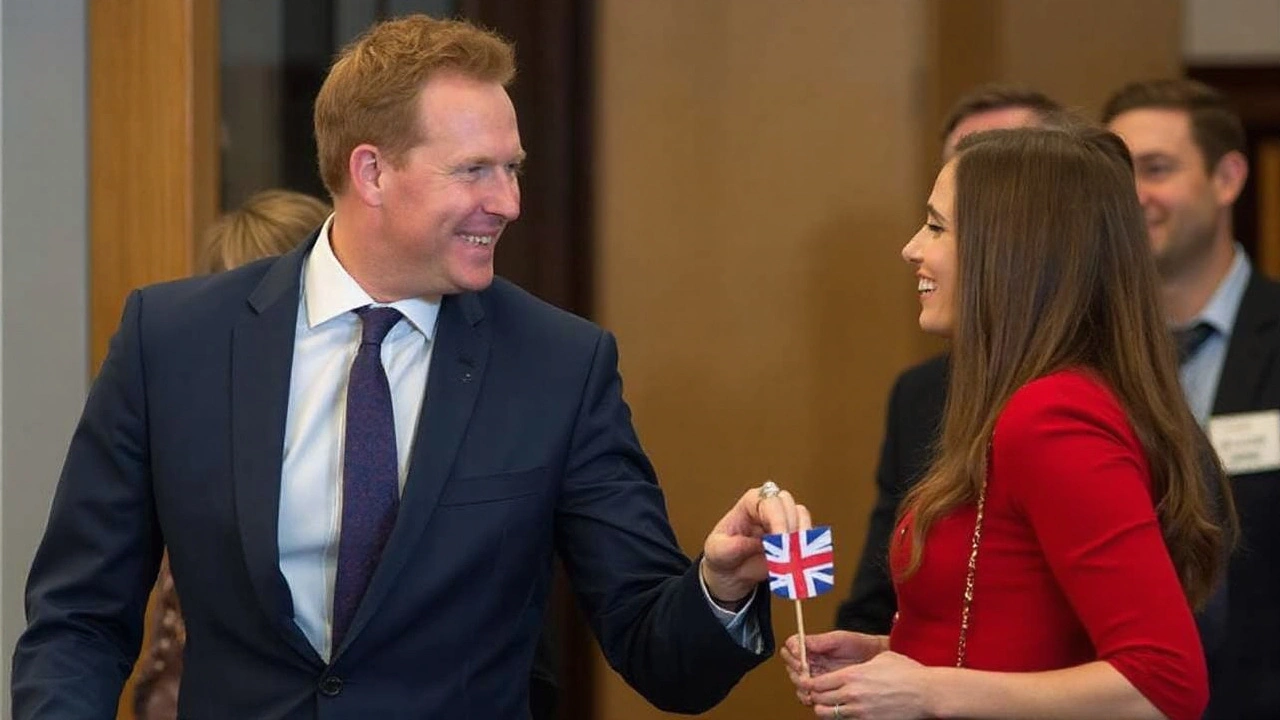Keir Starmer: The Man Behind Labour’s New Direction
If you’ve heard the name Keir Starmer lately, you’re probably wondering what makes him a big deal in British politics. In plain terms, Starmer is the leader of the Labour Party and the person many see as the next potential prime minister. He stepped into the role after a long legal career, bringing a mix of courtroom precision and political ambition.
Before politics, Starmer was a top human‑rights lawyer. He served as the head of the Crown Prosecution Service, where he earned a reputation for being meticulous and tough‑no‑nonsense. Those skills translate straight into his political style: he likes facts, sticks to the line, and avoids wild speculation.
What He Stands For
Starmer’s policy platform focuses on three headline areas: the economy, public services, and social fairness. On the economy, he talks about “fair growth” – meaning higher wages for workers, lower taxes for families, and a tax system that makes the rich pay a fair share. He pushes for investment in green jobs, hoping to turn climate goals into real jobs for people across the UK.
When it comes to public services, Starmer argues that the NHS, schools, and social care need more funding, not cuts. He says the government should protect doctors’ and nurses’ pay, upgrade school facilities, and give social workers the resources they need. In his view, a strong public sector is the backbone of a healthy society.
How He Differs From His Predecessors
One thing that sets Starmer apart is his approach to the media. He avoids the dramatic headlines that have tripped up other leaders and instead focuses on steady, consistent messaging. He also tries to unite different wings of the Labour Party, pulling together the more moderate members with the grassroots activists.
Starmer’s stance on Brexit also shows his pragmatic side. He accepts the result of the 2016 referendum but pushes for a trade deal that protects UK jobs while keeping the door open for future alignment with the EU on standards and rights.
Critics say Starmer can be too cautious, especially when bold moves might energize voters. Supporters, however, appreciate his steady hand and his willingness to listen to experts rather than rely on gut feelings.
In practice, Starmer’s leadership means Labour is focusing on “real‑world” policies that people can see in their day‑to‑day lives: better pay, stronger public services, and a greener economy. For voters tired of empty promises, his message feels grounded.
Finally, Starmer’s personal brand is built on integrity. He often points to his legal background as evidence that he respects the rule of law and will hold himself accountable. Whether that holds up under pressure remains to be seen, but it’s a clear selling point for anyone who values transparency.
All in all, Keir Starmer is shaping up to be a leader who blends legal discipline with political vision. If you’re following UK politics, his moves are worth watching – they could decide the country’s direction for years to come.

Angela Rayner quit as Deputy PM and Housing Secretary after admitting a £40,000 stamp duty underpayment on an £800,000 Hove flat. The timing is brutal for Labour, which is weighing property tax rises. The case raises questions about vetting, the ministerial code, and Keir Starmer’s grip on ethics and messaging. He must steady his team, reset housing policy, and rebuild trust fast.





